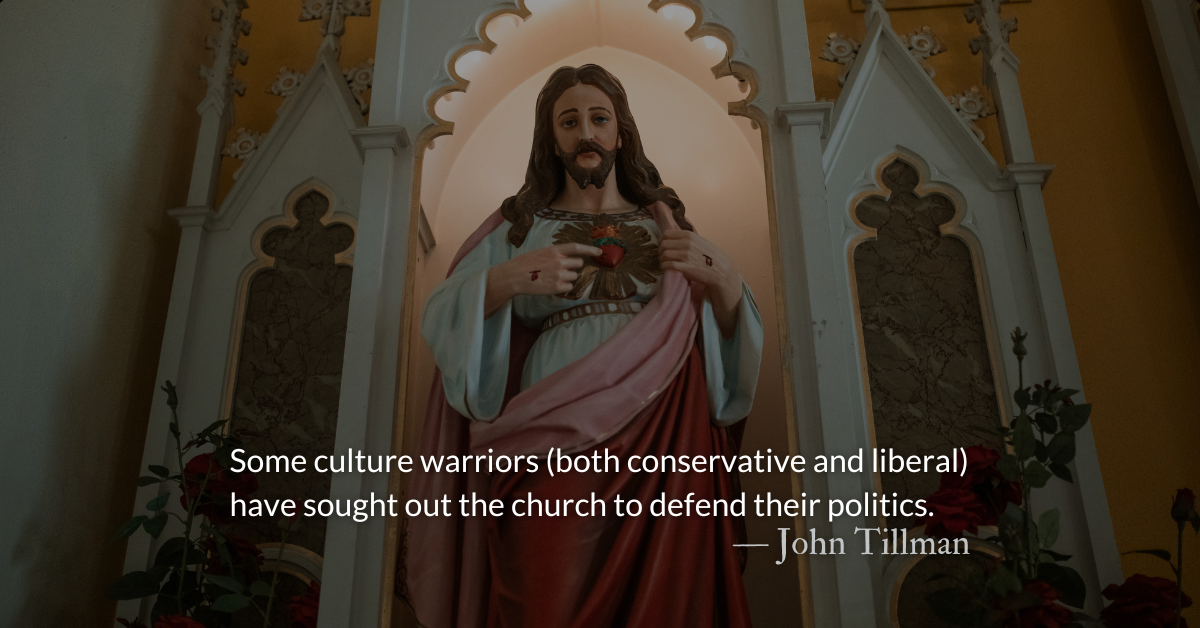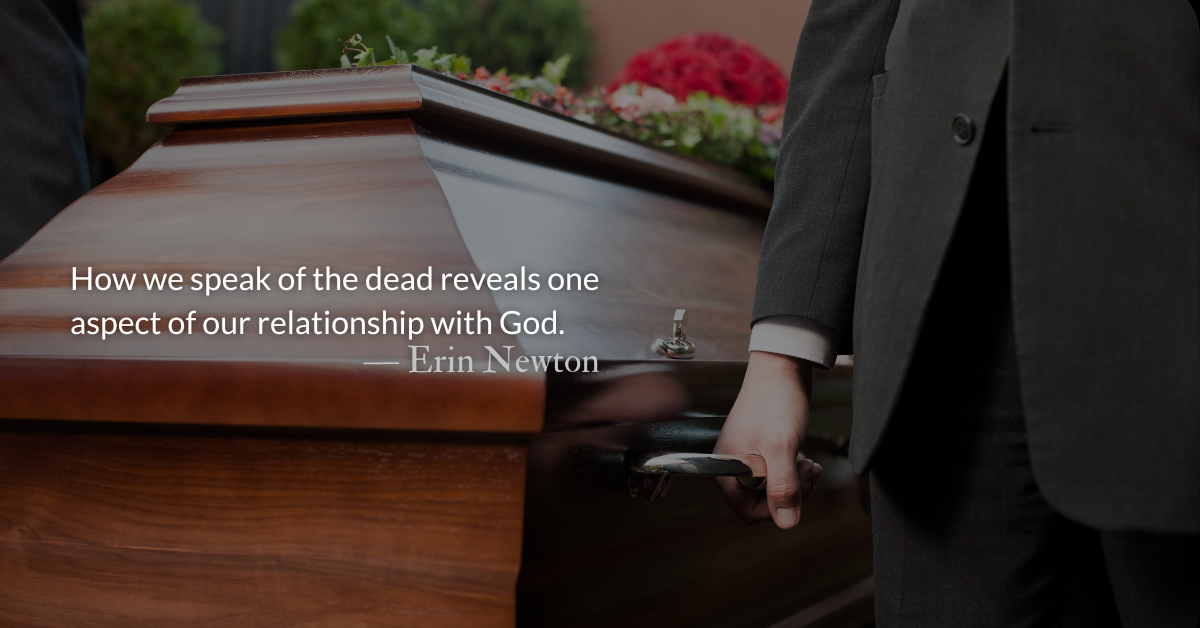Links for today’s readings:
Read: 2 Samuel 3 Listen: (6:35) Read: Revelation 13 Listen: (3:20)
Scripture Focus: 2 Samuel 3.9-10, 17-21
9 May God deal with Abner, be it ever so severely, if I do not do for David what the Lord promised him on oath 10 and transfer the kingdom from the house of Saul and establish David’s throne over Israel and Judah from Dan to Beersheba.
17 Abner conferred with the elders of Israel and said, “For some time you have wanted to make David your king. 18 Now do it! For the Lord promised David, ‘By my servant David I will rescue my people Israel from the hand of the Philistines and from the hand of all their enemies.’ ” 19 Abner also spoke to the Benjamites in person. Then he went to Hebron to tell David everything that Israel and the whole tribe of Benjamin wanted to do. 20 When Abner, who had twenty men with him, came to David at Hebron, David prepared a feast for him and his men. 21 Then Abner said to David, “Let me go at once and assemble all Israel for my lord the king, so that they may make a covenant with you, and that you may rule over all that your heart desires.” So David sent Abner away, and he went in peace.
Reflection: Beware Opportunistic Power Brokers
By John Tillman
When Abner slept with Rizpah, one of Saul’s former concubines, it justifiably raised eyebrows.
Sleeping with a king’s concubines, as demonstrated during Absalom’s coup against David, was ethically and politically offensive. It insulted the king’s memory and implied taking the king’s place. Abner’s relationship with Rizpah may or may not have been consensual and may or may not have been a political move. Abner could have been attempting to have an heir, through Rizpah, to replace Ish-Bosheth.
Given this, Ish-Bosheth was not overreacting to question Abner’s intentions. When challenged, Abner reacted angrily. He claimed loyalty to “Saul’s house” but then immediately pledged to betray that loyalty.
Threatening Ish-Bosheth to his face, Abner revealed that he knew about Samuel’s prophecy that God would give the kingdom to David. (1 Samuel 15.28) Abner may have been standing there when Samuel said it, or Saul may have told him. Nevertheless, he knew Samuel’s words. This means that Abner knew David was God’s rightful king, yet threw his political acumen and influence behind Ish-Bosheth and spilled blood to challenge David’s position.
Abner left Ish-Bosheth and went from resisting God’s will to working to bring it about. However, this wasn’t a “Damascus road” experience similar to Paul’s conversion in the New Testament. Abner didn’t see God as Paul saw Jesus. He just got caught in an embarrassing scandal and sought political cover with his enemies. Abner wasn’t converted to faithfulness to God. Abner was an opportunist and a power broker. He was just being faithful to himself and nursing a grievance.
Many, like Abner, attempt to align themselves with God’s kingdom for the sake of their own grievances, whether personal or political. We live in a cultural civil war that we pray will not become an actual civil war. Recent political tides pushed culture war issues to the top of everyone’s social media timelines, news broadcasts, and article headlines.
Grievances abound. Some culture warriors (both conservative and liberal) have sought out the church to defend their politics. Let us be cautious not to mistake those seeking Jesus’ support for their politics for those submitting their lives to his rule and reign. However, even opportunistic power brokers can be converted. Just ask Paul. (Philippians 3.4-7)
Let us check our own motives and confess our own grievances and grudges. Let us welcome all who come, regardless of motivations, and seek to convert all seekers of truth to join Christ’s kingdom.
Divine Hours Prayer: A Reading
Jesus taught us, saying: If I were to seek my own glory, my glory would be worth nothing; in fact, my glory is conferred by the Father by the one of whom you say, “He is our God,” although you do not know him. But I know him, and if I were to say, “I do not know him,” I should be a liar…But I do know him and keep his word. — John 8.54.56
– Divine Hours prayers from The Divine Hours: Prayers for Summer
by Phyllis Tickle
Read more: Our Opportunistic Opponent
Resist Satan and he will flee. But just as when Satan left Jesus in the wilderness, he is only waiting for an opportune time to return.
Listen to: Dealing with Joab
As I look more clearly at Joab that I see that he didn’t reverence God. He reverenced David.






